When Rebecca Rubin joined the American Girl historical lineup in 2009, she marked a long-awaited Jewish addition to the company’s growing efforts at cultural inclusion. But how authentically does she represent Jewish identity—and where does that representation fall short? In this class, we’ll take a close look at Rebecca as both a character in Jacqueline Dembar Greene’s well-researched historical novels and as a doll created for a mass-market audience. We’ll compare the richly textured stories of Jewish immigrant life in 1914 New York—shaped by Greene’s own family history and deep cultural research—with the more sanitized and commercialized version of Rebecca found in her clothing, accessories, and design choices.
We’ll explore questions like: What does it mean to “get it right” when representing Jewishness for children? How does American Girl balance cultural specificity with mass appeal? And what can Rebecca tell us about how Jewish identity is celebrated, simplified, or erased in American popular culture? Together, we’ll dig into the contradictions and compromises at play in Rebecca’s creation—why she matters, and where she misses the mark.
Samantha Pickette, Ph.D., is the assistant director of Brandeis University Hillel and a lecturer in Near Eastern and Judaic Studies at Brandeis University. She has a Ph.D. in American Studies from Boston University. Her research focuses on Jewish-American culture, with a particular emphasis on representations and stereotypes of Jewish women in American literature, film, television, and comedy. She has taught courses at Boston University, Brandeis, Smith College, UT Austin, where she served as assistant director of the Schusterman Center for Jewish Studies, and Boston College, where she served as the inaugural visiting fellow in Jewish Studies. Her first monograph, Peak TV’s “Unapologetic Jewish Woman: Exploring Jewish Female Representation in Contemporary Television Comedy,” was released by Lexington Books in 2022.

